Big Tech Broke the Internet — I Had a Front Row Seat
Fifteen years in digital media taught me how the web got captured — and what it’ll take to get it back.
The numbers were looking pretty, pretty good that night. Viral alerts popping up in CrowdTangle, Meta’s (now discontinued 🤔) tracker for what was catching fire. Chartbeat, the dashboard many newsrooms lived on, was glowing.
We cheered, but none of us could explain why it mattered. That’s when I realized the story had stopped being the point.
I’ve worked in digital media and audience development since 2013, long enough to watch the same platforms that promised to empower publishers, creators and small businesses slowly build walls around the web. The internet that once felt open, human and unpredictable hardened into a system that measures everything except meaning.
I watched it happen in real time.
When I wrote The Standard Oil of Our Time, I thought I was describing an industry. It turns out I was describing my own career.
I was a kid when the internet first found me. The AOL modem screeching to life felt like a door opening to the rest of the world.
I spent hours wandering through movie forums, fan sites and a community called “Virtual Producer,” where you could pitch hypothetical movies, cast them, create movie posters and track their box-office “performance.” It was absurd and pure — the early web at its most human.
Then came Facebook, the original one, when it still felt like discovery. You could throw a party, manage the invitation list, post photos, reconnect with people you hadn’t seen in years. Twitter followed, and suddenly news moved faster than TV. I remember when Adrian Wojnarowski started breaking NBA trades there before ESPN or anyone else — news wasn’t something you waited for anymore, it just appeared.
For the first time, information felt alive.
We thought we were building connection… but we were training the algorithm to sort us.
The first time I heard the phrase “optimize for engagement,” it sounded smart, scientific even. It felt great to finally have a dependable playbook. It took years to realize it was code for something else: surrender.
I remember a meeting where a rep from one of the big platforms walked us through their “best practices.” We nodded, took notes, and called it strategy. Six months later, our organic reach cratered. Their “best practices” were just rent — we were the tenants.
Then came the pivot to video. Studios were built, talent was hired, shows were launched and we poured money into a future that didn’t exist. The social views were inflated, the revenue imaginary, the fallout real.
We called it innovation. It was liquidation. The internet didn’t die in one blow — it bled out quietly, from a thousand small compromises made by people who thought they were just doing their jobs.
Facebook went from bringing the world together to filling it with recycled sludge (and now we have AI sludge!), while Google turned the open web into a black box of half-truths dressed up as authority.
Elon’s Grok sells itself as a truth engine but mostly amplifies noise, responding with the distinct ideology favored by its owner. The system is broken, but it’s working exactly as intended.
There’s a photo from the Trump inauguration that still sticks with me — every major Big Tech CEO lined up like visiting dignitaries. It wasn’t about politics, it was about power.
These were the same men who’d banned Trump when it was convenient, now standing on his stage because it was good for business. They wanted to show deference, to signal that no matter who held office, Silicon Valley held the future.
It was one of those rare moments when power stopped pretending it was neutral. The lines between government, commerce and control blurred completely. That’s when I knew the merger was complete.
Now those same executives talk about “AI safety” and “responsibility,” holding summits and lobbying for laws that keep the ladder pulled up behind them. Oversight means hearings and headlines.
Extraction is the quiet part — scraping, copying, monetizing the very work that built them. If they win this round, the internet isn’t a network anymore. It’s an empire.
I’ve worked on brands that reached millions on social and digital, and for a while it felt like ownership. But it wasn’t. We didn’t own the audience — we rented it. We didn’t control distribution — we borrowed it.
The platforms made growth feel like independence, but it was dependence dressed up as success. Creators vanish overnight because an algorithm decides they’re done. Editors measure their worth in charts that reward outrage and noise. We told ourselves it was progress. It was an addiction.
The cost isn’t just professional, it’s personal. You start talking like the machine. You stop saying “story” and start saying “asset.” You stop asking whether something matters and start asking whether it will perform.
You don’t notice the shift until it’s permanent. That’s what this system does. It doesn’t just own your work — it rewires your sense of worth.
Breaking Big Tech up isn’t radical. It’s repair. We’ve done this before. Standard Oil wasn’t destroyed, it was forced to evolve. The breakup didn’t end energy — it unleashed it. The same thing can happen here.
Imagine Instagram without Meta’s leash. Imagine a Google that doesn’t bury every small business in America under sponsored garbage or use its monopoly on search to shape entire industries.
Imagine an Amazon that doesn’t own both the cloud and the marketplace, quietly deciding who wins before the race starts. Imagine a feed that feels like your world again — messy, unpredictable, alive.
We don’t need better algorithms. We need human ones — imperfect, biased, curious. We need friction again. That’s where culture lives. Innovation doesn’t die when monopolies fall. It finally gets to breathe.
People say the internet is gone. It isn’t. It’s just buried under everything trying to monetize it.
You can still find the great parts — in newsletters, group chats, Discord servers and the small corners that still care about what they’re making. This part of the web never disappeared. It just went underground.
I watched Big Tech monopolize data, distribution and meaning. I learned how easily scale becomes a substitute for significance.
The internet doesn’t need saving. It needs remembering. It’s still here, buried under the sludge, waiting for us to rebuild it.
I saw it happen up close. What did you see?


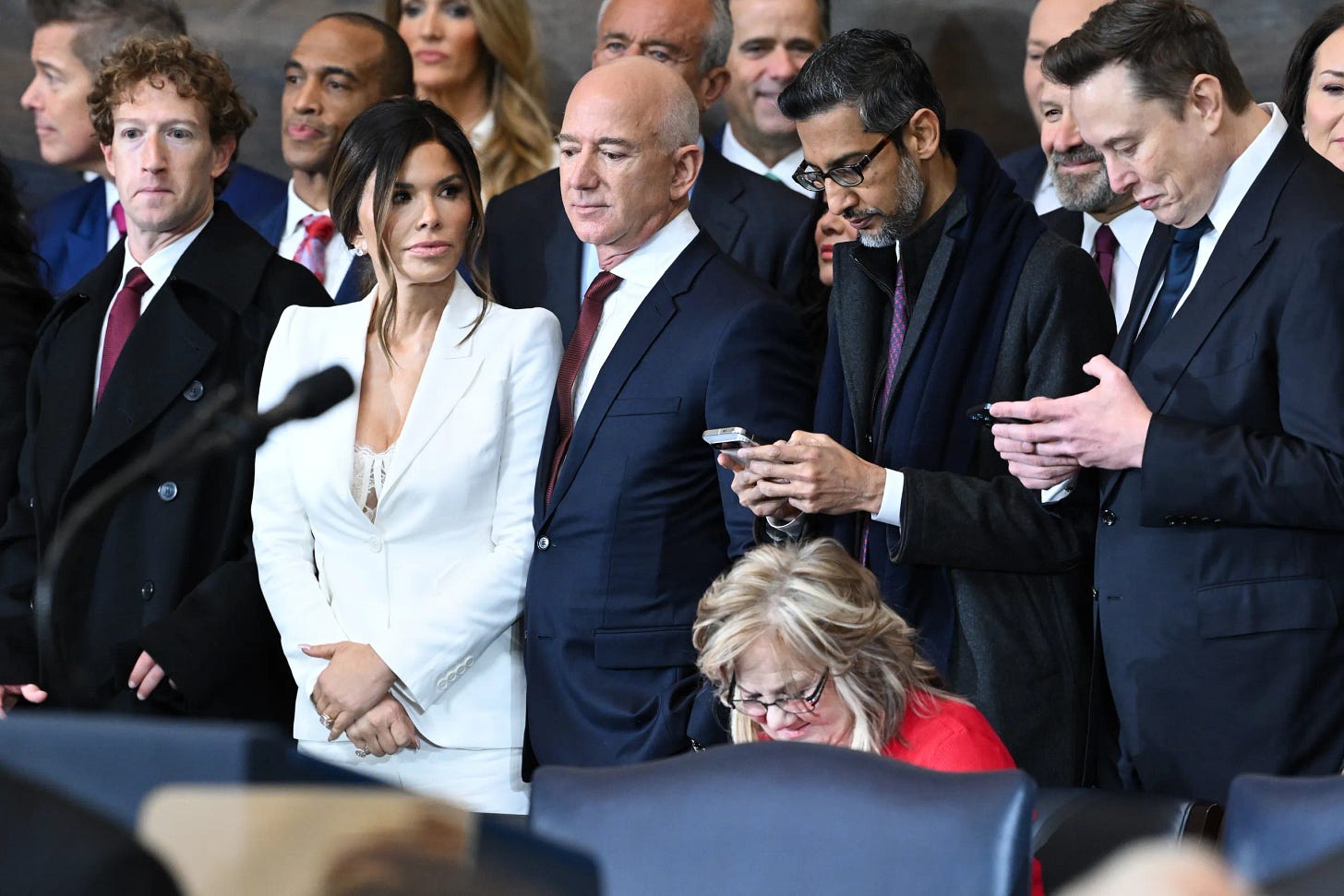
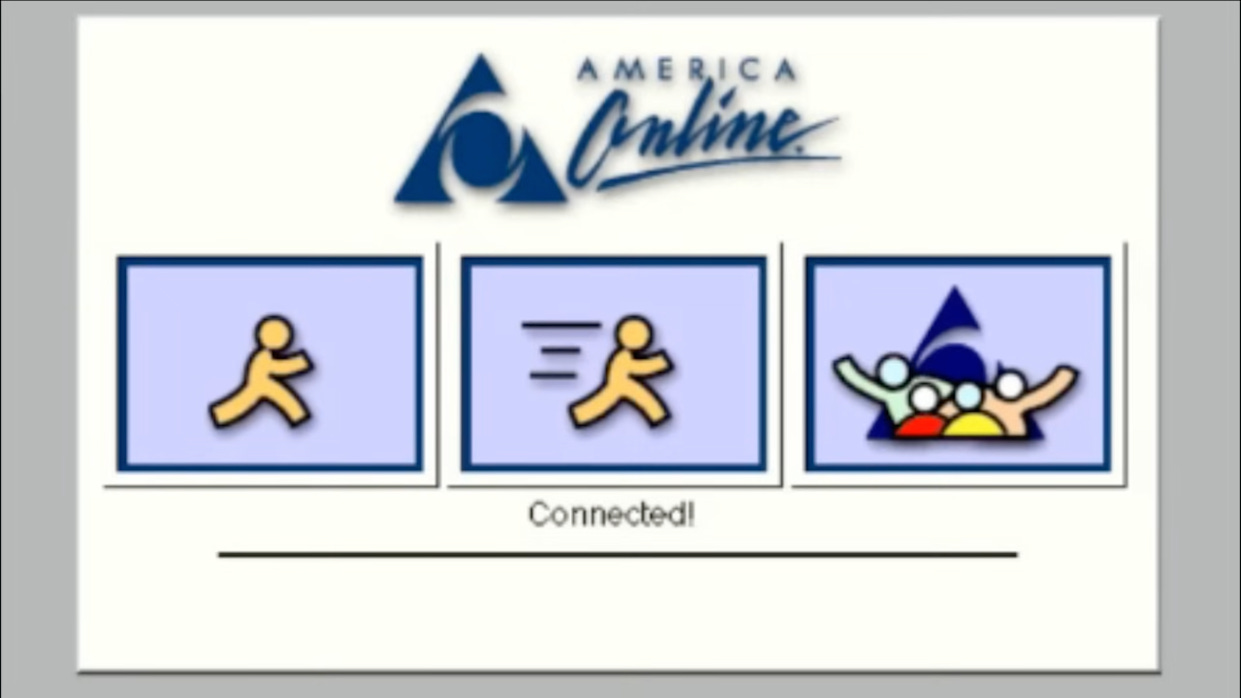
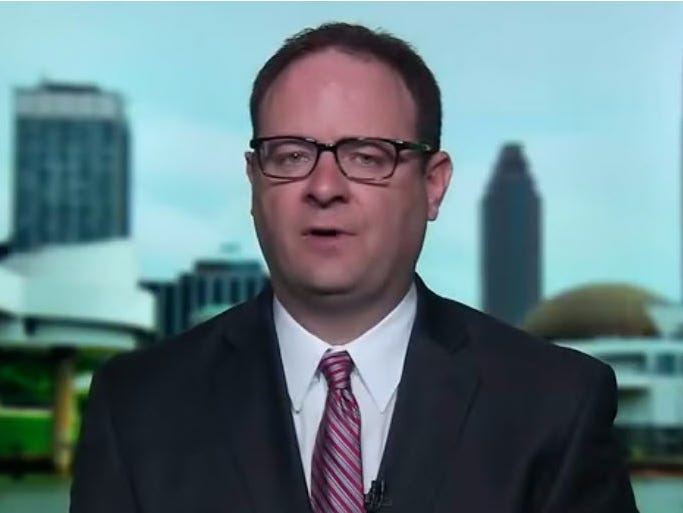
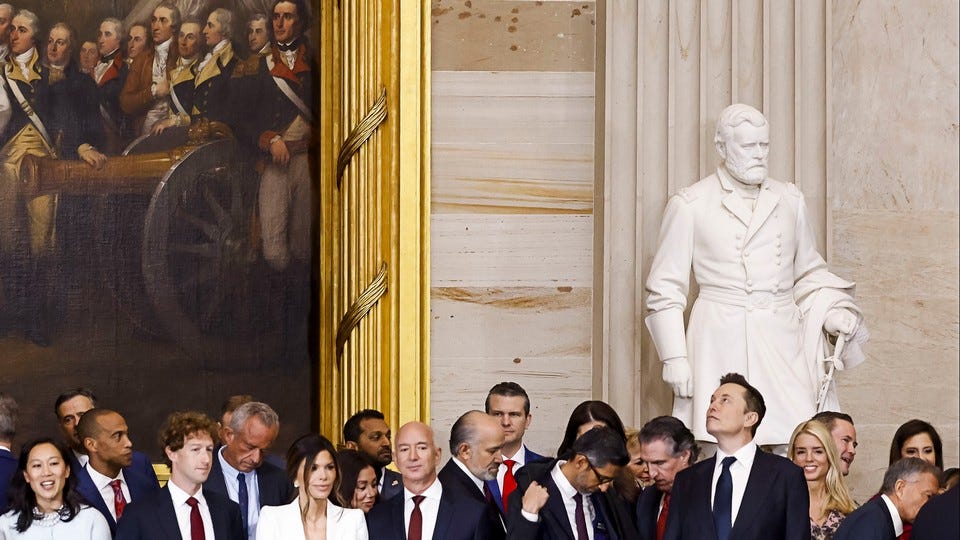
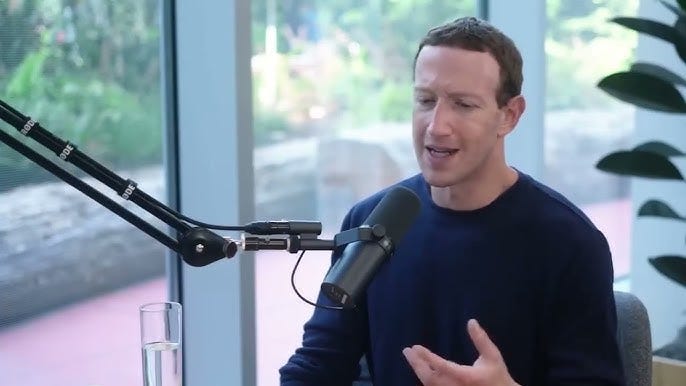
Excellent🙏
Great article